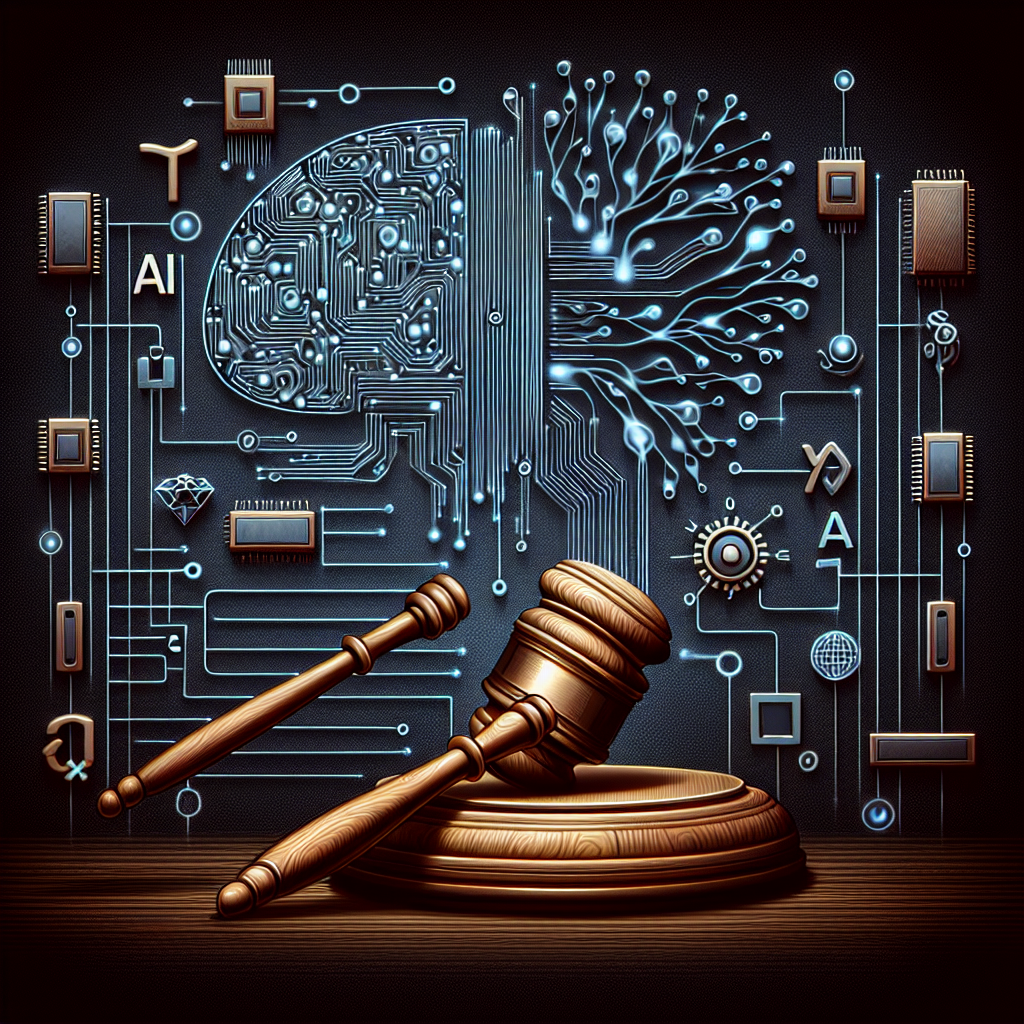The legal industry is undergoing a significant transformation with the advent of artificial intelligence (AI) and machine learning technologies. These technologies are revolutionizing the way legal professionals work, increasing efficiency, improving accuracy, and providing new insights into legal processes. As AI and machine learning continue to evolve, the future of legal tech looks promising, with numerous opportunities for innovation and growth.
AI and machine learning technologies have already made significant inroads in the legal industry, with many law firms and legal departments incorporating these tools into their daily operations. These technologies can automate routine tasks, such as document review and contract analysis, freeing up legal professionals to focus on more strategic and complex legal issues. AI-powered tools can also provide predictive analytics, helping legal professionals anticipate legal outcomes and make more informed decisions.
One of the key advantages of AI and machine learning in the legal industry is their ability to process and analyze vast amounts of data quickly and accurately. This capability is particularly valuable in cases involving large volumes of documents, such as e-discovery and due diligence. AI-powered tools can review and categorize documents at a fraction of the time it would take a human reviewer, significantly reducing the time and cost of these tasks.
Another area where AI and machine learning are making a significant impact is in legal research. Traditionally, legal research involved hours of manual searching through legal databases and case law to find relevant information. AI-powered research tools can streamline this process by analyzing vast amounts of legal data and providing relevant insights and recommendations. These tools can help legal professionals find relevant case law, statutes, and regulations quickly and efficiently, saving time and improving the quality of legal research.
AI and machine learning technologies are also being used to improve the accuracy of legal processes. For example, predictive analytics tools can analyze historical case data to predict the likely outcome of a legal case based on similar cases in the past. This information can help legal professionals assess the strengths and weaknesses of their case, develop effective legal strategies, and make more informed decisions.
The future of legal tech is bright, with AI and machine learning poised to revolutionize the legal industry in the coming years. These technologies have the potential to transform the way legal professionals work, enabling them to be more efficient, accurate, and strategic in their decision-making. As AI and machine learning continue to evolve, we can expect to see even more innovative applications in the legal industry, from virtual legal assistants to automated contract drafting tools.
However, with the promise of AI and machine learning in the legal industry also come challenges and concerns. One of the key concerns is the potential impact of these technologies on jobs in the legal industry. As AI-powered tools become more sophisticated, there is a risk that they could replace certain roles traditionally performed by legal professionals, such as document review and legal research. While AI and machine learning can automate routine tasks, they cannot replace the critical thinking, creativity, and judgment skills that are essential in the practice of law.
Another challenge is the ethical implications of using AI and machine learning in the legal industry. As these technologies become more prevalent, there are concerns about bias, privacy, and security. AI algorithms can inadvertently perpetuate biases present in the data they are trained on, leading to unfair outcomes in legal cases. There are also concerns about the privacy and security of sensitive legal information, particularly when using cloud-based AI tools. Legal professionals must be vigilant in ensuring that AI and machine learning technologies are used ethically and responsibly in the practice of law.
Despite these challenges, the future of legal tech is full of opportunities for innovation and growth. AI and machine learning technologies have the potential to transform the legal industry, making legal professionals more efficient, accurate, and strategic in their decision-making. As these technologies continue to evolve, we can expect to see even more innovative applications in the legal industry, from virtual legal assistants to automated contract drafting tools. The key to success in this rapidly evolving landscape will be for legal professionals to embrace AI and machine learning technologies, while also remaining vigilant in addressing the ethical and practical challenges that come with them.
FAQs:
Q: How can AI and machine learning benefit legal professionals?
A: AI and machine learning technologies can benefit legal professionals by automating routine tasks, improving accuracy, providing predictive analytics, and streamlining legal research. These technologies can help legal professionals work more efficiently and make more informed decisions.
Q: What are the challenges of using AI and machine learning in the legal industry?
A: Some of the key challenges of using AI and machine learning in the legal industry include the potential impact on jobs, ethical concerns about bias and privacy, and the need for legal professionals to remain vigilant in ensuring that these technologies are used ethically and responsibly.
Q: What are some examples of AI and machine learning applications in the legal industry?
A: Some examples of AI and machine learning applications in the legal industry include document review and contract analysis tools, predictive analytics for legal outcomes, virtual legal assistants, and automated contract drafting tools.
Q: How can legal professionals prepare for the future of legal tech?
A: Legal professionals can prepare for the future of legal tech by staying informed about the latest developments in AI and machine learning, embracing new technologies, and continuously updating their skills to remain competitive in a rapidly evolving industry.

